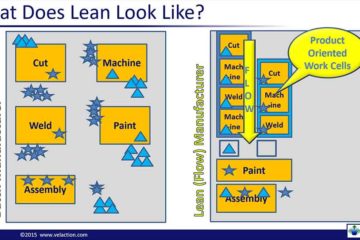The Symphony of Standard Work
I heard an interesting comment about Standard Work the other day. A reader asked why someone just didn’t create a Standard Work document on writing a symphony so anyone could be a composer. It’s always hard to tell someone’s meaning on a short comment like that. It could be taken Read more…





